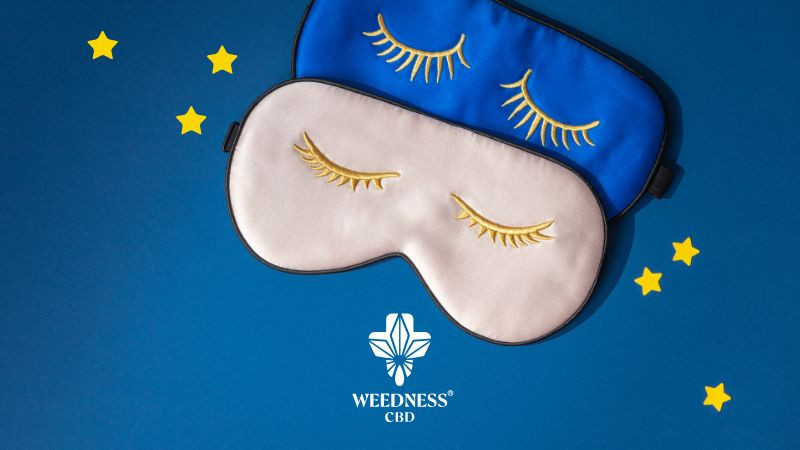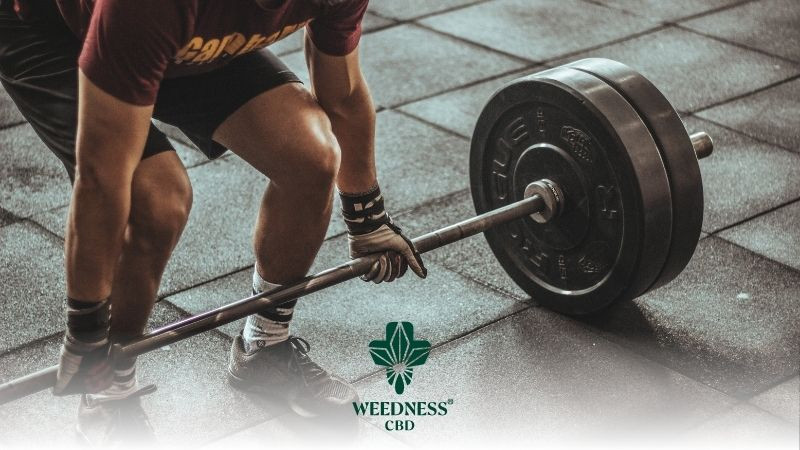CBD For Sports Anxiety: Everything to Know
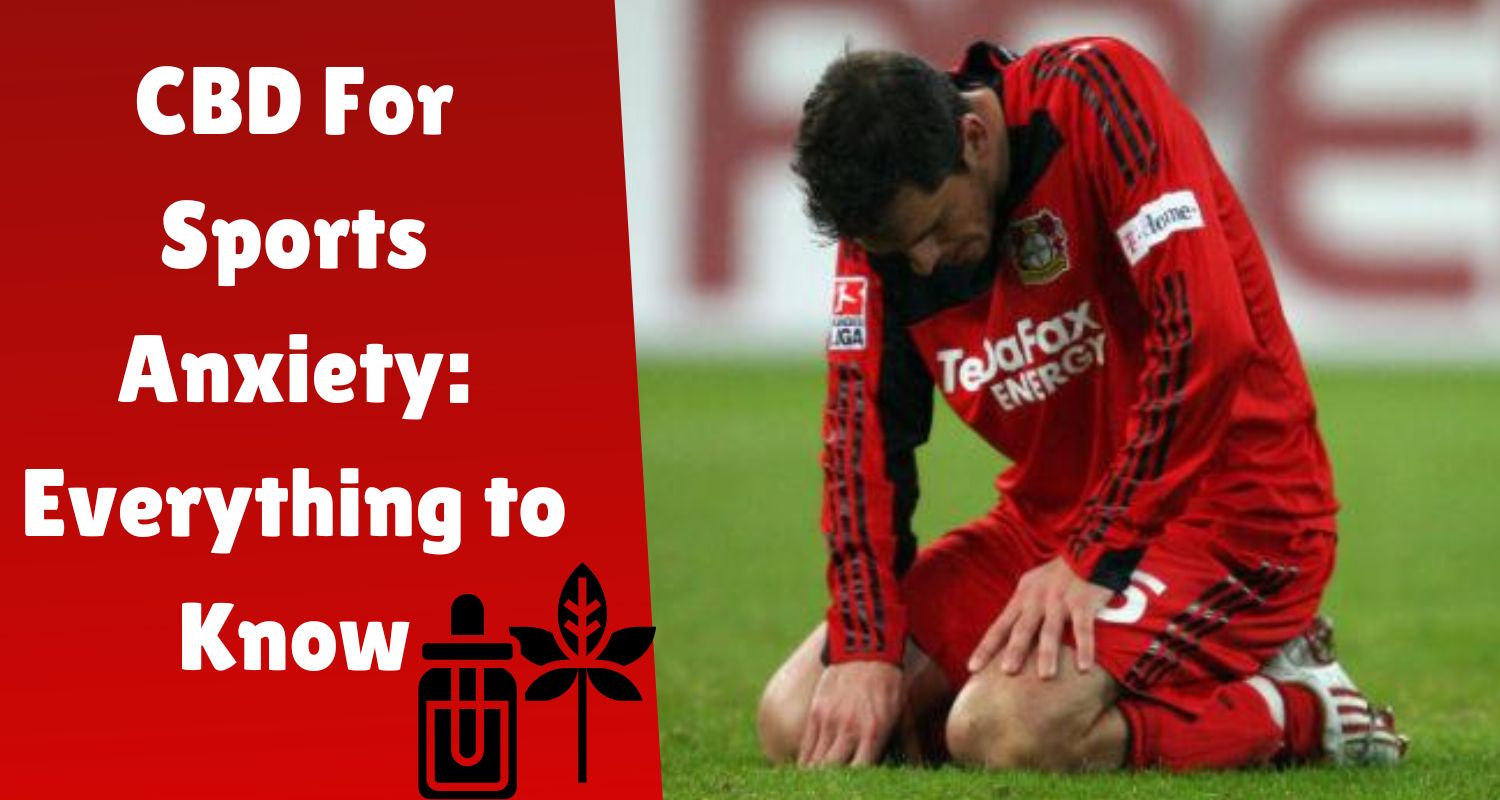
Dealing with sports anxiety can hinder performance and enjoyment. CBD is gaining popularity among athletes for its potential to manage stress and improve focus. Here's everything you need to know about using CBD for sports anxiety.
CBD can help manage sports anxiety by interacting with the body's endocannabinoid system to promote relaxation and reduce stress without the psychoactive effects of THC. Athletes use CBD to stay calm under pressure, enhance focus, and improve recovery. It is available in various forms, including oils, capsules, and topical creams. Always start with a low dose to assess your body's response and consult with a healthcare professional, especially if you're subject to drug testing.
Discover how to integrate CBD into your pre- and post-performance routines, the science behind its effects on anxiety, and tips for choosing high-quality CBD products tailored for athletes.
What is Cannabidiol (CBD)?
Cannabidiol (CBD) is a natural compound found in the hemp plant. Unlike its more famous cousin, THC (tetrahydrocannabinol), CBD does not produce a "high." Instead, CBD is often used for its potential therapeutic benefits, such as reducing anxiety, improving sleep, and alleviating pain. It's derived from hemp, a variety of Cannabis sativa that contains less than 0.3% THC, making it legal in most states across the US as long as it meets federal regulations.
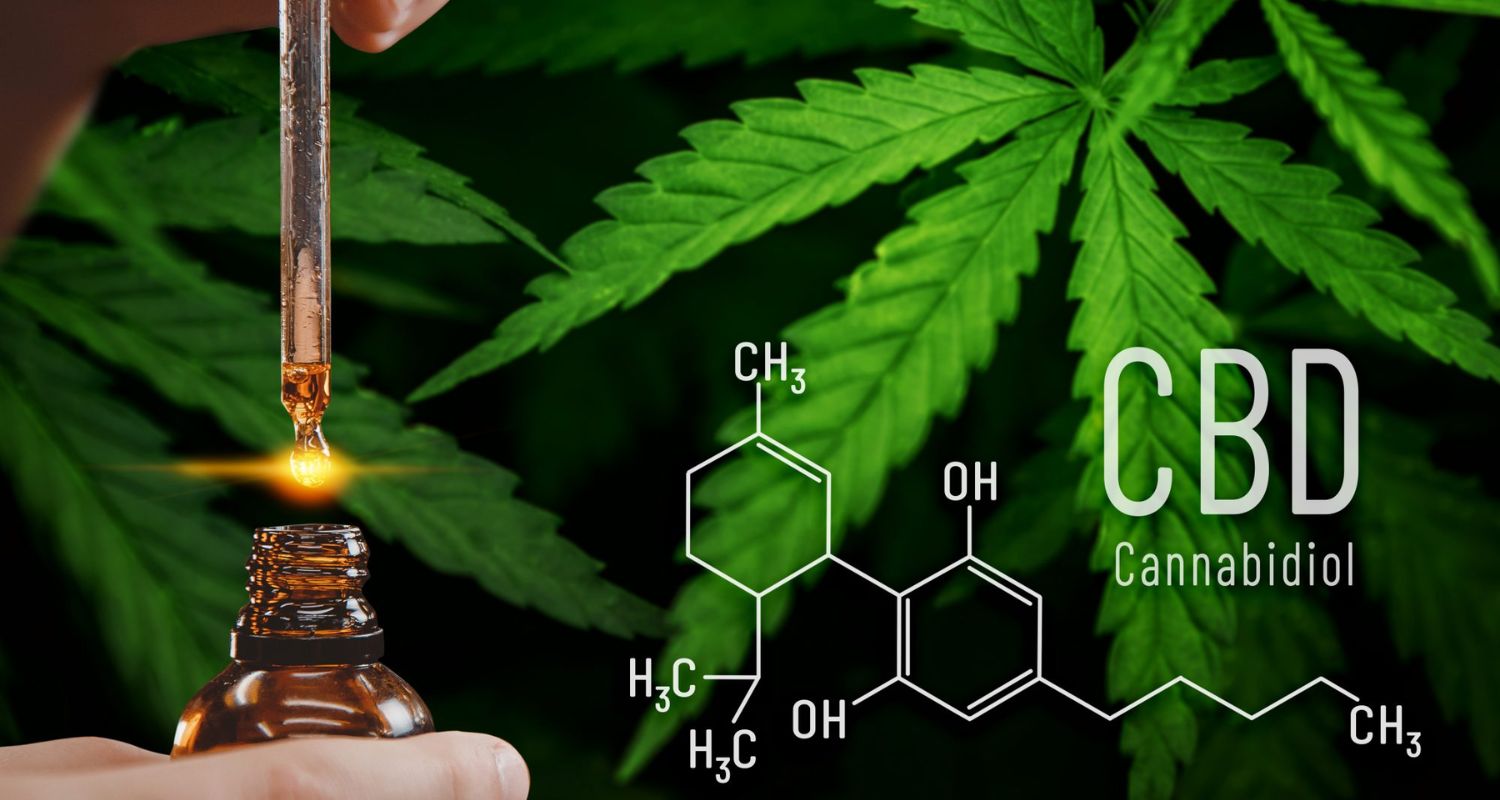
CBD's legal status can vary, so checking local laws is always a good idea. For instance, while CBD is legal at the federal level, some states have specific regulations or restrictions. I've seen CBD help many people manage their wellness routines, from easing chronic pain to supporting mental health. Choosing products from reputable brands is essential to ensure quality and legality.
CBD & Athletes
The endocannabinoid system (ECS) is crucial for maintaining body balance, which influences mood, pain perception, and inflammation. This system uses endocannabinoids, which are naturally occurring compounds similar to those found in CBD. When you use CBD, it interacts with the ECS by binding to receptors throughout the body, helping to regulate these processes.
This interaction can be particularly beneficial for athletes. CBD might help reduce exercise-induced inflammation, improve recovery times, and manage pain. For example, many athletes use CBD to ease muscle soreness and joint pain after intense workouts.
.jpg)
CBD's potential to support recovery and manage pain without the psychoactive effects of THC makes it a popular choice among sports professionals. However, choosing high-quality, third-party-tested products is essential to avoid contaminants and ensure effectiveness. Always consult with a healthcare provider before starting any new supplement, especially if you're an athlete subject to drug testing.
CBD for Sports Anxiety
Sports anxiety, characterized by nervousness and fear before or during competitions, can significantly impact athletic performance. It often manifests as increased heart rate, sweating, and mental blocks, hindering an athlete's focus and overall performance. Managing this anxiety is crucial for peak performance and well-being.
CBD may help alleviate sports anxiety by interacting with the endocannabinoid system (ECS). The ECS regulates mood, stress, and anxiety, and CBD can influence its receptors to promote a sense of calm. Research suggests that CBD can help reduce anxiety by affecting serotonin receptors in the brain, which play a role in regulating mood and stress responses.
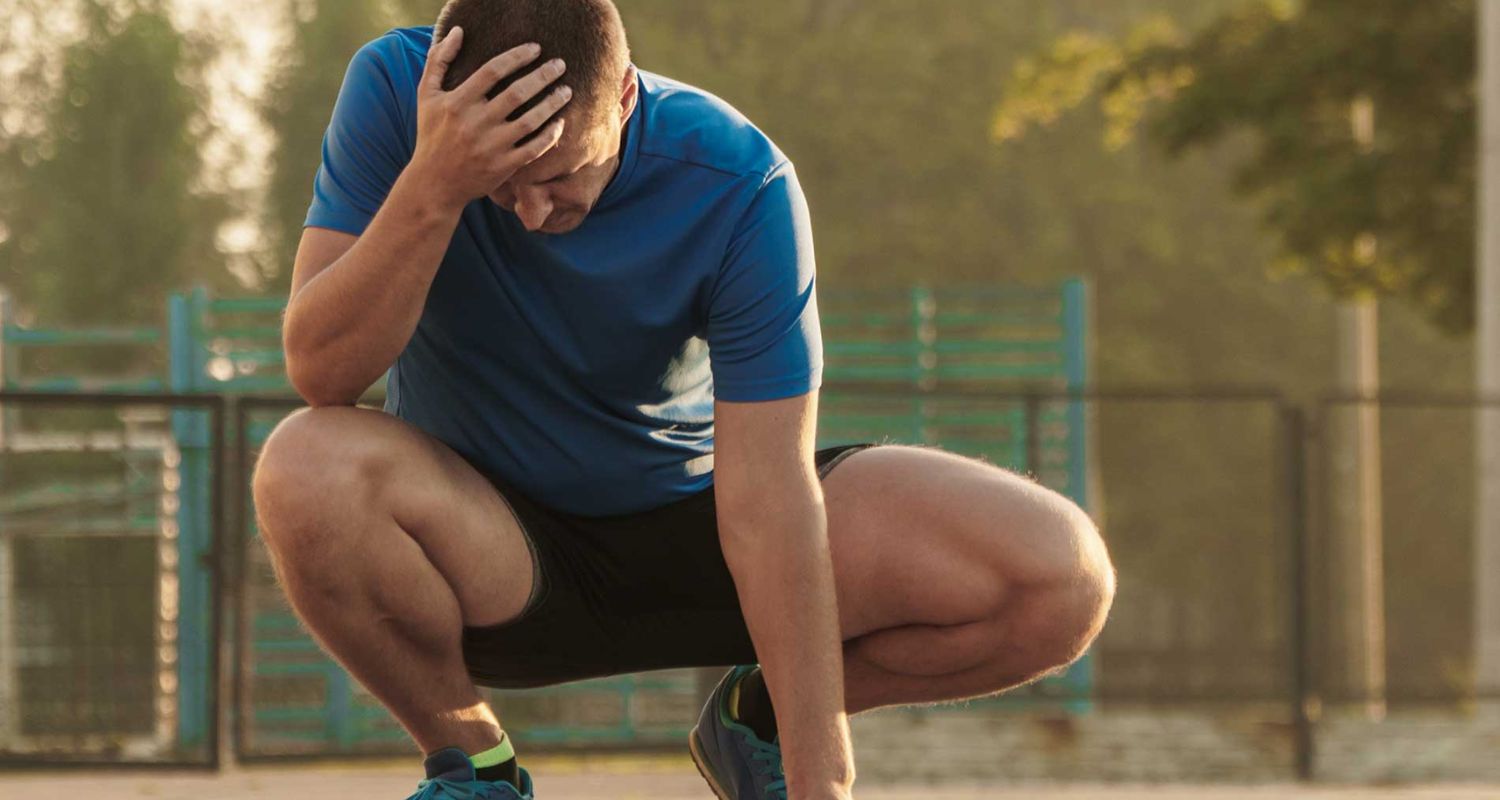
Many athletes have reported that using CBD helps them manage anxiety and improve focus before and during competitions. For instance, CBD may help ease pre-game jitters and maintain composure under pressure. Always start with a low dose and consult a healthcare professional to ensure it's appropriate. Keep in mind that while CBD shows promise, it should be used as part of a broader strategy for managing sports anxiety.
CBD's Potential Benefits for Athletes
CBD is gaining traction in the athletic community for its potential benefits. Here's a closer look at how it can help:
-
Pain Management: CBD may relieve pain and inflammation, which is particularly useful for athletes with chronic injuries or muscle soreness. Research, like the study in Frontiers in Pharmacology, supports CBD's role in reducing inflammation and pain. I've seen athletes use CBD to manage post-workout soreness, helping them get back to training faster.
-
Sleep Improvement: Good sleep is crucial for recovery and performance. CBD can improve sleep quality by addressing issues such as insomnia. Better sleep means better muscle repair and overall performance. I've had clients who noticed significant improvements in their sleep patterns after using CBD, leading to more effective recovery and training sessions.
-
Stress Reduction: Athletes often face high levels of stress and anxiety, impacting their performance. CBD helps manage these feelings by interacting with the endocannabinoid system, which regulates mood and stress. According to a The Permanente Journal study, CBD can lower anxiety levels, allowing athletes to stay calm and focused.
-
Focus and Concentration: Maintaining mental clarity and focus is essential for peak performance. CBD may help in this area by enhancing cognitive function and reducing distractions. Athletes have reported improved concentration and mental sharpness during training and competition after incorporating CBD into their routines.
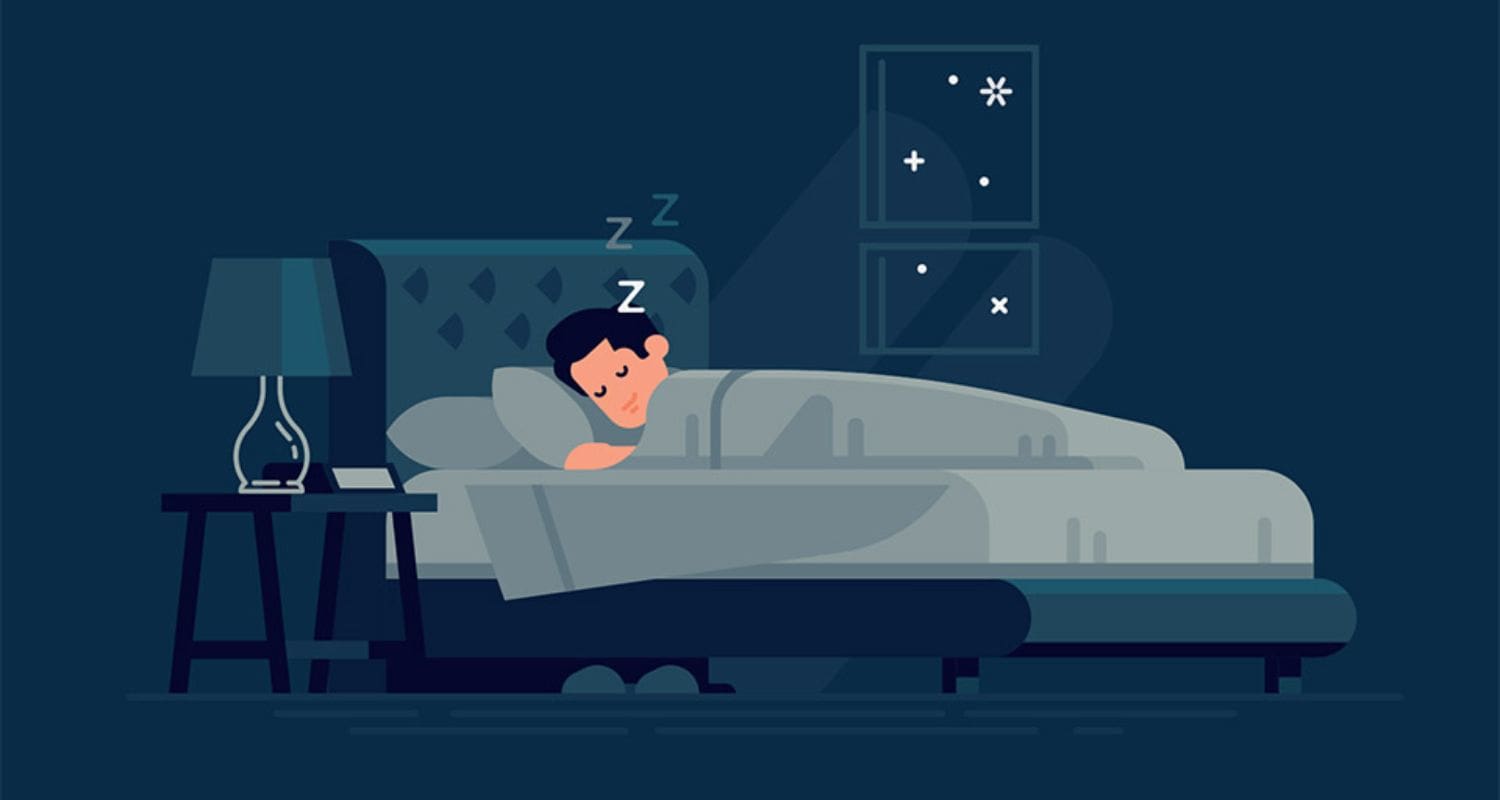
By exploring these benefits, athletes can assess how CBD might fit into their training and recovery plans. Always consult with a healthcare provider before starting any new supplement regimen.
CBD Safety and Considerations
When it comes to CBD, safety is a top priority. Most people experience mild side effects, such as dry mouth or fatigue, but these are generally temporary and not severe. According to the World Health Organization, CBD is well-tolerated with a good safety profile, but starting with a low dose is still important, and seeing how your body reacts.
Choosing high-quality CBD products is crucial. Look for products that provide third-party lab testing results to ensure purity and potency. I've found that reputable brands with transparent testing tend to be more reliable. For example, products tested by labs like the US Hemp Authority often provide better quality assurance.
CBD's legality in sports can vary. The World Anti-Doping Agency (WADA) allows CBD but bans THC, so athletes must ensure their products contain no THC. Additionally, CBD laws differ by state, so check local regulations to avoid legal issues. For instance, while CBD is legal in all 50 states, specific rules and restrictions may apply, particularly in competitive sports.
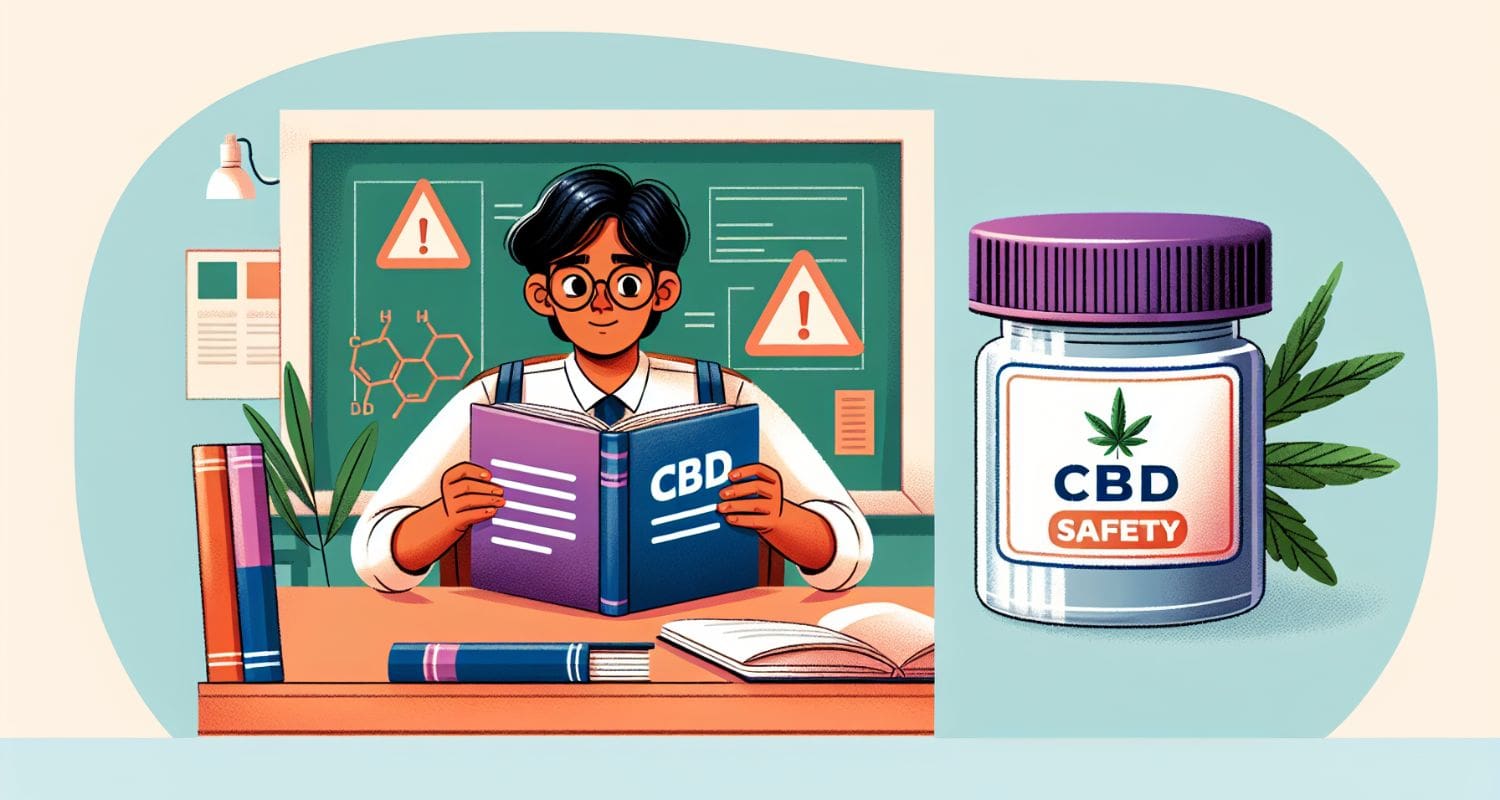
Always consult with a healthcare provider or sports nutritionist to tailor CBD use to your specific needs and ensure compliance with regulations.
Incorporating CBD into an Athlete's Routine
When adding CBD to your routine, start with a low dose and gradually increase it to find what works best. For instance, many athletes begin with 10-20 mg daily, adjusting based on their response. You can choose from various consumption methods, such as tinctures, capsules, or topical creams. Each method has benefits—tinctures offer quick absorption, while topicals are ideal for targeted relief.
Awareness of potential interactions between CBD and other supplements or medications is crucial. CBD can interact with certain medications, such as blood thinners, potentially altering their effects. For example, if you're taking a supplement that affects liver enzymes, CBD could influence how these medications are processed in your body.
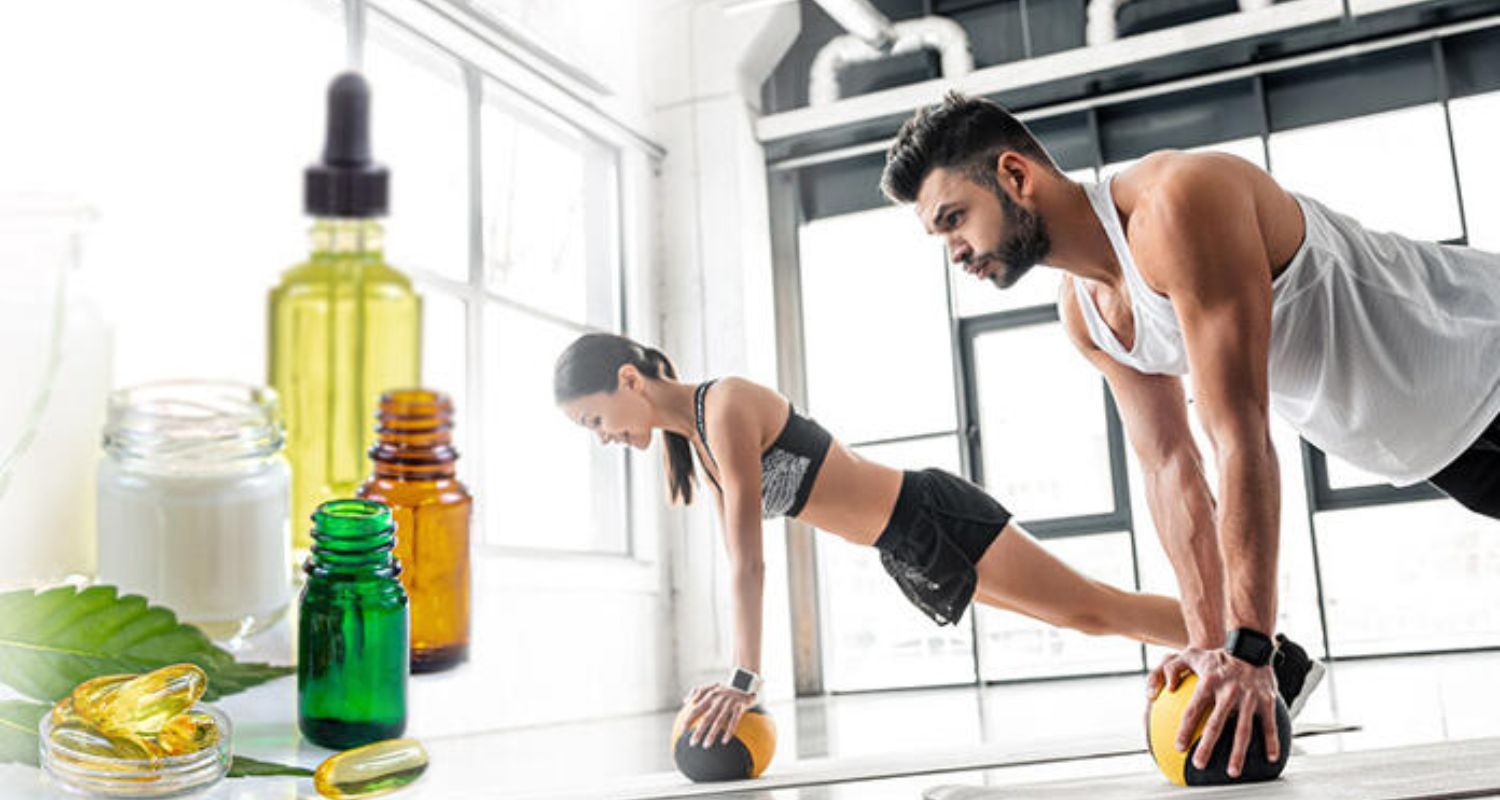
Always consult with a healthcare professional before starting CBD. They can help tailor the dosage and monitor interactions with any current treatments. For example, if you're an athlete using CBD for pain management, your doctor can ensure it complements your existing recovery plan without adverse effects. Staying informed and cautious will help you safely incorporate CBD into your routine and potentially enhance your performance.
Things to Keep in Mind
When considering CBD for athletic performance, it is important to remember its potential benefits, including pain management, improved sleep, stress reduction, and enhanced focus. For example, studies show that CBD can help reduce inflammation, which might benefit athletes recovering from intense workouts. Improved sleep can also improve overall performance, as restorative sleep is crucial for muscle recovery.

However, it's vital to do your research and consult with healthcare providers before integrating CBD into your routine. While CBD is generally considered safe, its interactions with other medications or supplements need careful consideration. For instance, athletes taking medicines for chronic conditions should discuss CBD use with their doctors to avoid any negative interactions.
Responsible CBD use is essential. Start with a low dose and monitor how your body responds. Choose high-quality CBD products to avoid contaminants and ensure you get what you pay for. For example, reputable brands will provide third-party lab results for transparency. By staying informed and cautious, you can maximize the potential benefits of CBD while minimizing any risks.
FAQs
Is CBD good for sports anxiety?
CBD may help manage sports anxiety by promoting relaxation and reducing stress without impairing performance. Although individual responses vary, it can alleviate symptoms such as nervousness and tension. It is essential to consult with a healthcare provider before using CBD for anxiety, especially in a sports context.
Is CBD good before sports?
CBD might be beneficial before sports by helping to reduce pre-game anxiety and muscle tension. It can promote relaxation and improve focus without affecting motor skills or coordination. However, individual responses differ, and it's essential to test how CBD affects you personally before using it consistently before sports activities.
Which method of CBD is best for anxiety?
For anxiety, sublingual CBD oils or tinctures are often recommended because they provide fast absorption and more precise dosing. Capsules and edibles offer longer-lasting effects but may take longer to kick in. The best method depends on personal preference and how quickly you need relief from anxiety symptoms.
Conclusion
CBD can be a valuable tool for managing sports anxiety helping athletes stay calm and focused. Its anti-inflammatory and calming effects can enhance performance and recovery. For high-quality CBD products tailored to support your sports and health needs, choose WeednessCBD. Let us help you achieve peak performance and well-being.

